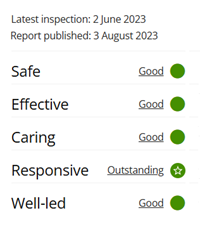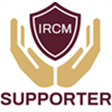What is it?
case management
The British Association of Brain Injury Case Managers (BABICM) defines case management as an active process devoted to the coordination, rehabilitation, care and support of people with complex, clinical needs and their families. It aims to facilitate their independence and improve their quality of life whilst acknowledging safety issues.
In practice, this means our case managers work collaboratively with clients and families to establish practical actions (case management plan) that promote recovery and functional independence in daily life, as well as achieve a good quality of life and realise clients' individual goals. The case manager plays a significant role in implementing the case management plan and is available to work with the client for as long as needed.
All our case managers have a professional health and social care qualification plus many years' experience of working with people with complex injuries, conditions and situations. The core professions we draw from are occupational therapy, social work, nursing, physiotherapy and clinical psychology.
We mainly work with individuals who have sustained permanent life changing injuries and consequently have complex and often fluctuating health and social care needs.








